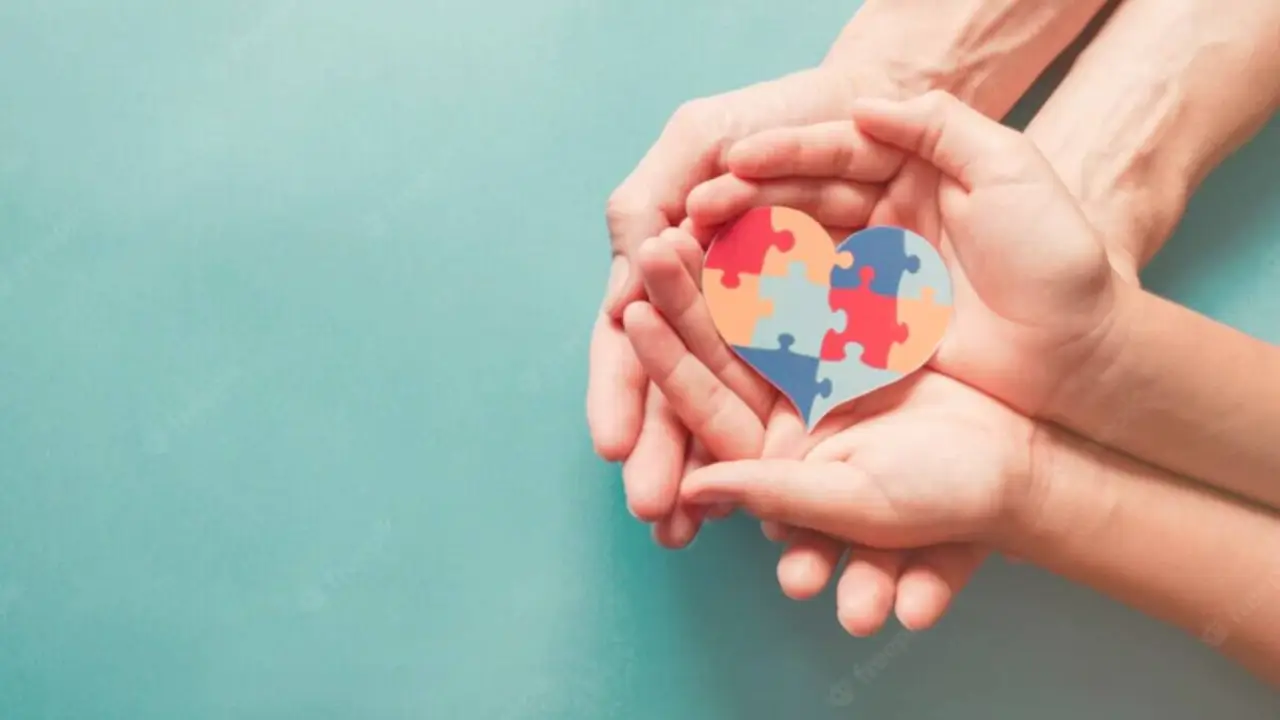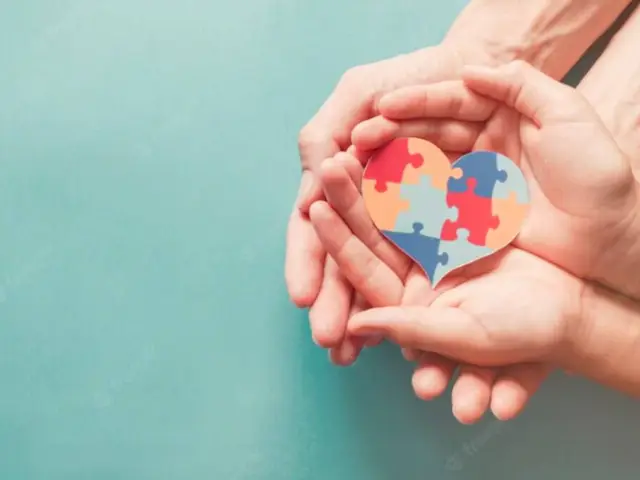The Uniqueness of Parenting a Child with Intellectual Disabilities
I remember the day I found out that my son, Rónán, has an intellectual disability. My heart seemed to stop, and I felt like a massive weight was dropped on my shoulders. It was a bewildering mix of emotions--fear, concern, helplessness. But amid the whirlwind of feelings, a thought hit me: "This is still my boy, and he's going to need me more than ever." That decision moment has led me down an enlightening path, one that's led to lessons learned, close bonds formed, and yes, even some humour discovered in unexpected places.
Parenting a child with intellectual disabilities is an incredibly unique journey. It's like learning to navigate through a maze where you're blindfolded, the walls shift constantly, and there's no map to guide you. It requires patience, resilience, adaptability, and a decent dose of good humour. It's also a journey filled with singular moments of joy, genuinely heart-melting moments that contour and shape us as parents and individuals.
Understanding the Complex World of Intellectual Disabilities
As I learned soon after Rónán's diagnosis, intellectual disabilities encompass a wide range of conditions, each with its own set of characteristics, challenges, and gifts. They can vary significantly from one person to the next, much like how no two zebras have the same stripes or how my corgi Shep has a bark distinct from all the other corgis at the park (trust me, I've done extensive research).
Some intellectual disabilities can be diagnosed at birth due to physical markers, while others might not manifest or be identified until later in childhood. Irrespective of the timing of the diagnosis or the specific disability, there's a shared commonality: these individuals need extra support, love, understanding and patience. And that's where us parents and guardians step in, capes billowing, armed with the superpower of Love (and a frequently refilled cup of coffee).
Pulling Together the Support Network
When faced with the task of supporting a child with an intellectual disability, the phrase "it takes a village" never rings truer. From medical professionals, therapists, educators, to family friends, we rely on an extensive network of people to help us map out our child's success. Even our pets play a role. My cat, Biscuit, for instance, seems to have an intuitive knack for comforting us whenever the sailing gets rough. Who knew tabby cats could be emotional support animals, eh?
The ability to tap into resources--both human and institutional-- is vital. Frankly, it can make all the difference in your child's development. Remember, parents, you're not alone. Reach out, ask for help, connect with others in similar situations, and don't be shy about using all the available resources to your advantage.
Essential Resources Every Parent Should Know About
Speaking of resources, there are several organizations, both local and international, that can provide immense support in this journey. They can offer guidance, training, therapeutic resources, as well as financial aid at times. I won't list them all here (that'd be a blog post of its own), but I definitely recommend doing some thorough research and connecting with these groups. They're staffed with amazing individuals who are there to support and empower you.
Another potentially lifesaving tool is online communities. I've found invaluable advice, comfort, and friendship in various social media groups and forums. It's been a relief to connect with others who are facing similar struggles and to have a platform to share experiences, worries, tips or even just to vent on a tough day. Take it from me, being part of a supportive digital community is akin to having an extra-large safety net, which can bring immense peace of mind.
The Importance of Self-Care in Parenting
Self-care is an aspect of parenting that often slips through the cracks, more so for parents of children with intellectual disabilities. It's akin to the famous airplane safety instruction of securing your oxygen mask before helping others. You can't pour from an empty cup; you've got to look after yourself to be able to care for your child effectively.
I've learned this the hard way. There have been days where I've been so burnt out, too exhausted to even feed Shep and Biscuit. It took me a while to realize that taking care of myself isn't selfish; it's necessary. Whether it's a quick run around the neighbourhood, a quiet moment listening to your favourite music, or a cup of the finest Irish tea, taking care of your wellbeing will go a long way in providing the sustained energy that this parenting path calls for.
The Joy and Reward of Parenting a Child with Intellectual Disabilities
While this article might make the journey sound exhausting, I want to assure you; parenting a child with intellectual disabilities is also rewardingly beautiful. The milestones might look a little different, they might take longer to reach, but, by god, when they happen, they're moments of pure pride and joy. There's also a richness in these experiences, an undercurrent of unique strength and profound love that carries us through the challenging periods.
For instance, Rónán's fascination with birds has given us many shared moments of delight. He understands their calls better than anyone I know, partly because he experiences the world differently than most. There's a purity to his joy that's truly contagious. It's these moments that make all the hard work utterly worth it.
Embracing the Journey: Practical Advice and Parting Thoughts
Living this unique journey has taught me invaluable lessons. So, here's my hard-earned wisdom: Embrace the path that's been laid before you because it’s yours and no one else's, it's unique and so is your child. Remember, it's perfectly okay to ask for help, to stumble, to not know what to do. Reach out to your network, and never undervalue the power of laughter. Like the time Rónán convinced Aisling that Biscuit could speak fluent 'Corgi' after listening to Shep long enough and actually got her to try communicating with them. Moments like these remind me that amid the challenges, there's also plenty of space for joy and the wonderful, innate humor of life.
So, while our families might look different and our struggles may feel isolating, we're part of an incredible, strong community all around the world. We’re navigating our unique paths, we're becoming better individuals, better human beings each day, and there's something truly beautiful and empowering in that. As we piece together our unique parenting puzzles, let's remember to celebrate the small victories, the moments of unexpected joy, and let's join hands in building a world that's inclusive, understanding and nurturing for our unique children.





